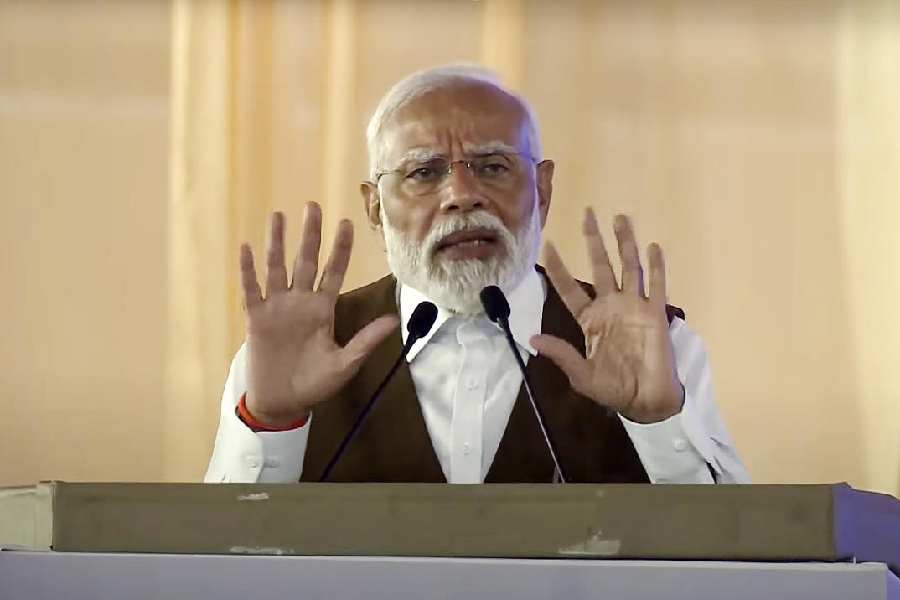Speaking at the 58th national DGP-IGP conference in Jaipur recently, the prime minister, Narendra Modi, urged police officers to shun the “danda” and work with “data” in a bid to modernise the workforce. Mr Modi called for a paradigm shift in law enforcement, with a special focus on a “justice-first”, people-centric approach. He, quite rightly, emphasised greater sensitisation of women about their rights as well as the protections guaranteed under the newly-passed criminal laws in this context. The reforming of the policing system is crucial to the functioning of a robust criminal justice system. However, a comprehensive overhaul of Indian policing ethics that is congruent with the democratic underpinnings of the polity has remained elusive even decades after Independence. Suggestions made in this regard — the Model Police Act is a case in point — have often been tardily implemented. Worse, data indicate that the danda — Mr Modi has sought its eradication — remains the police’s preferred weapon. According to the recent National Crime Records Bureau figures, in 2023, 40 police custodial deaths were recorded across the country in which the accused was reported dead within the first 24 hours of arrest. In 2022, the number of custodial deaths was 75. The decrease should not come as consolation as Union home ministry data earlier last year showed that there had been a 60% increase in custodial deaths since 2020, with states such as Maharashtra, Kerala, Bihar, Gujarat, Uttar Pradesh and Karnataka witnessing the highest number of such cases. Alarmingly, disciplinary action was initiated in just one case between 2017 and 2022.
The police’s reliance on violence is not the only impediment on the path of reforming the institution. A 2019 survey found that around 50% of police personnel harbour social prejudices against Muslims, the disadvantaged classes, and migrants. Such inherent prejudices against weaker sections of society are bound to percolate into policing practices and policy-making, threatening citizens on the margins. The prime minister’s call for reform is timely: but the idea of reform should go beyond the scope of technological advances — Mr Modi had prioritised data — and infrastructure to bring about a change in the attitude of the force and its ethics. There is concern that the Bharatiya Nyaya Sanhita, which Mr Modi laid importance on, portends enhancing the reach of the police. It is, therefore, all the more necessary to ensure that the Indian policing system becomes humane.











